List of Products that Help Patients Suffering from Dementia Symptoms
Learn the Basics of Dementia and Improve Your Loved One’s Quality of Life and Safety with These Amazingly Helpful Products
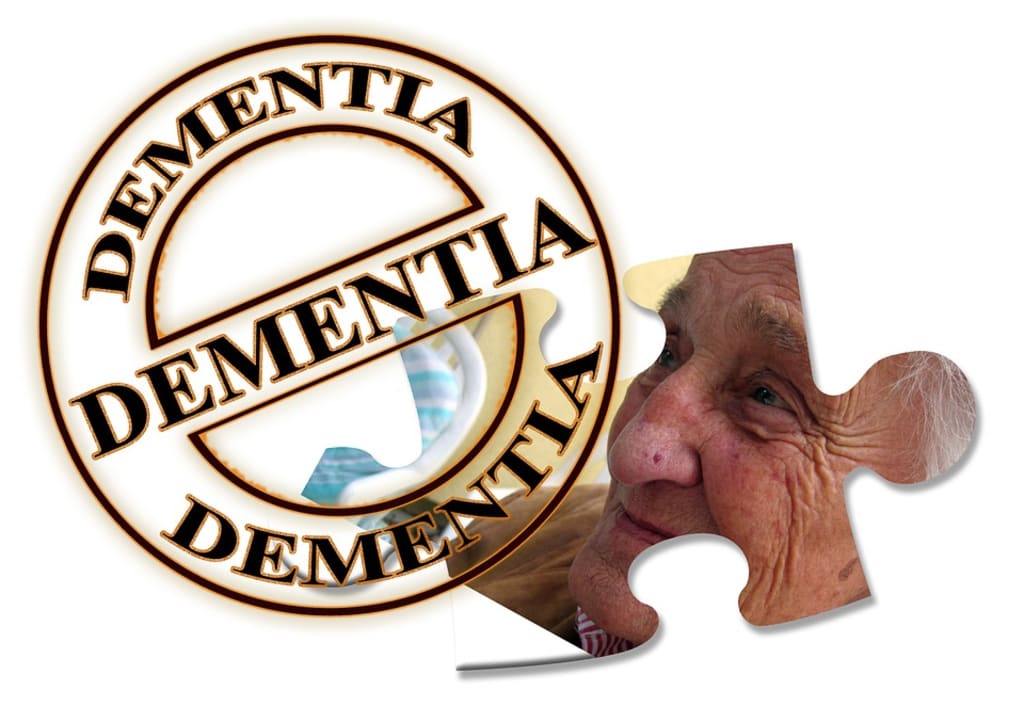
Dementia is a group of symptoms that results in the general loss or decline of cognitive functioning. It is a decline in behavioral abilities. The sufferer’s ability to remember, think, or engage in the reasoning process is negatively impacted. This condition results in interference in daily life and the activities that the sufferer takes part in. The term “dementia” does not describe any specific disease; rather, it is a specific term that is used to describe a group of symptoms that directly relate to the sufferer’s ability to engage in cognitive activities that help them to perform day-to-day activities.
What Are the Most Common Dementia Symptoms?
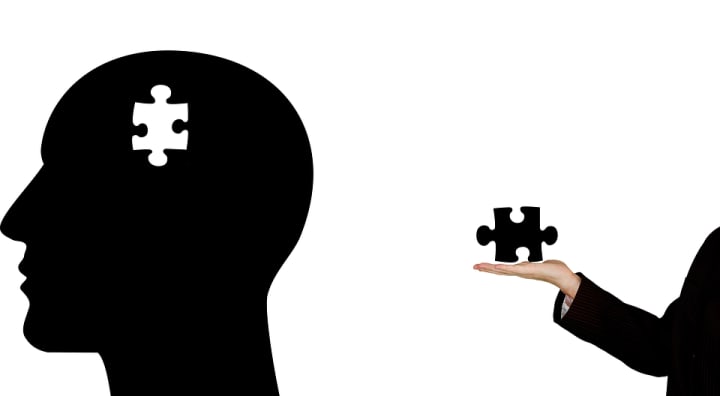
Put the Pieces of the Puzzle Together by Learning the Symptoms of Dementia
Dementia symptoms vary greatly from one person to another. The symptoms experienced are typically based on the underlying cause and whether an individual is in the early stages or late stages. The symptoms are a direct result of the nerve cells within the brain malfunctioning and/or completely ceasing to work appropriately. As a result, deterioration starts to occur within the brain. The following outlines the most common dementia symptoms experienced by sufferers:
•The single most common symptom of all dementia symptoms is experiencing an issue with memory. Most sufferers —regardless of severity—will experience some degree of difficulty in learning and recalling new information. While it is common for everyone to forget—on occasion—those with dementia will forget on a regular basis. The sufferer may end up relying on others or different types of memory aids to remember important information.
•All of us perform certain tasks on a daily basis. These may include making ourselves something to drink or eat, cleaning, operating a television and/or a computer, or visiting certain locations. Those that suffer from dementia symptoms will experience complications in performing the tasks that they regularly perform.
•Problems in planning or solving issues that come along are both common dementia symptoms. Examples include following recipes, following driving directions, and budgeting.
•Most of us know when and how much time has passed. We understand what is to happen in the future and remember most of that which has happened in the past. We typically know where we are and are familiar with such things as the time of day and the day of the week; however, those that experience dementia symptoms may experience issues with all of this and more. They may not remember or they may be confused about what time it is, what day of the week it is, situations that occurred in their past, not grasp what is to come in the future, and may not even know where they are, how they got there, or how to get to another location.
•Dementia symptoms include experiencing problems with judging distances, identifying color differences, and reading. As a result, many standard activities—such as driving—may become very difficult.
•Misplacing common items is a symptom of dementia. Examples include misplacing keys to a car or the home, losing money, not knowing where the remote control was placed, and/or losing important documentation—such as account statements, identification, and/or bills that are sent through the mail. In some instances, the individual may accuse others of taking/stealing the items.
•Common dementia symptoms include problems communicating. Examples include having issues following or engaging in a conversation, writing, coming up with the right words, spelling, using proper grammar and punctuation, and having handwriting that may not be easy to read.
•Problems in making the right decisions or using the proper judgement are common dementia symptoms. For example, the sufferer may become subjected to scams, give money to people that they would not normally provide money to, not wear the appropriate clothing for the season, dress in mismatched clothing or wear mismatched shoes, purchase items that they already have or do not need, pay less attention to their hygiene, or cook things in an inappropriate manner.
•Mood swings and personality-based changes may occur with those that have dementia. They may become anxious very easily. They may suffer from bouts of depression. They may start to become fearful or experience varying degrees of paranoia. In some instances, they may start to act in appropriate ways. Examples include failing to get dressed, exposing themselves, fondling themselves, and/or making comments that are considered to be “rude” and lack the proper tact. These behaviors stem from the changes that are occurring in the brain.
•Dementia patients may start to withdraw from people and activities that they once enjoyed. This could include distancing themselves from loved ones, not participating in hobbies that they once enjoyed, not interacting with people in their neighborhood, church, or at work, and not paying attention to those that attempt to interact with them.
What Are the Types of Dementia?
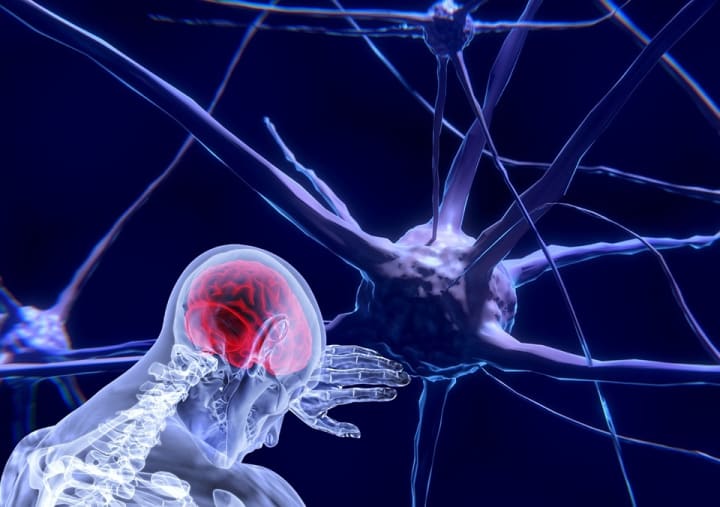
There Are Many Types of Dementia
There are many different medical disorders and a multitude of factors that may lead to the onset of dementia symptoms. In nearly all cases, a neurodegenerative disorder is to blame. These types of disorders negatively impact the neural activity and general functionality of the brain. Unfortunately, there are currently no cures available for these types of disorders. The following outlines the types of dementia in which an individual may suffer:
• Alzheimer’s Disease
• Frontotemporal Disorders
• Lewy Body Dementia
• Mixed Dementia
• Vascular Dementia
• Vascular Cognitive Impairment
• Post-Stroke Dementia
• Multi-Infarct Dementia
• Cerebral Autosomal Dominant Arteriopathy with the Subcortical Infarcts and Leukoencephalopathy (CADASIL)
• Binswanger’s Disease
• Cerebral Amyloid Angiopathy
What Types of Products Are There for Those that Have Dementia Symptoms?
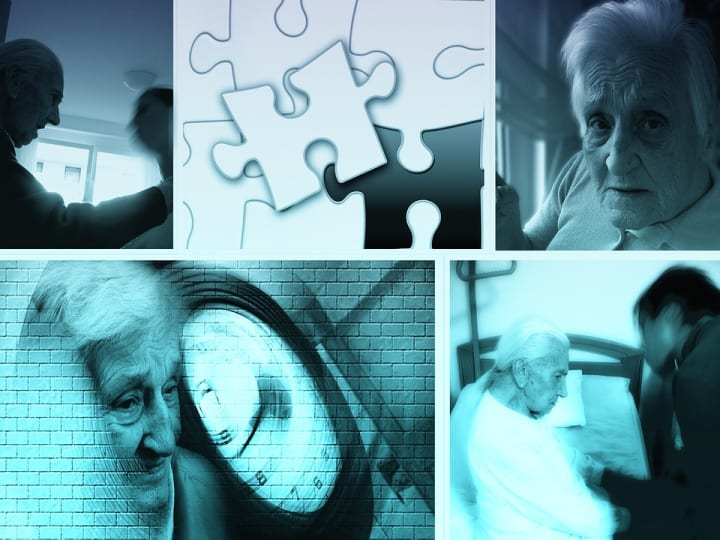
Many of Today's Products Can Help Those with Dementia Symptoms
If you are reading this article, chances are, you have a loved one that is currently suffering from dementia symptoms. While it is likely that you offer the highest level of support, you probably feel as if you want to do more to enhance their safety and improve their general quality of life. That is the purpose and intent of this article—to provide you with a list of products that are designed to help those with dementia symptoms.
The following list of products will help in various ways. They will help you—as a caregiver—and will help your loved one enjoy living within the comfort of a private residence. The goal of the list of products that will be shared below is to help your loved one with the dementia symptoms that they experience, to make life easier for them, to help them remain safe, and to help you with your caregiving responsibilities.
The need for the items will depend upon the symptoms your loved one experiences and the severity of those symptoms. Not all products are appropriate for all dementia sufferers and living situations; however, information is provided on the products on a general basis. If you are a caregiver for an individual that suffers from dementia symptoms, remember to keep up on all medical appointments and consult a doctor for approval when making changes to their environment and/or determining if a product from this list is appropriate.
None of the information contained in this guide should be taken as medical advice and none of the products outlined should be considered medical treatments. Your loved one should have a primary care provider and any other medical specialist on their care team, as outlined by the primary care provider. I previously provided caregiving for my father, who suffered from vascular dementia. I also served as his legal guardian.
The list of products that I have outlined in this guide are those that were used in the course of his care or those I consider to be critical in providing care for those with dementia symptoms—based on my experiences. I am not a medical professional. I only share this list of products as a way to help others in providing care for one with dementia. The list of products below should only be used with the approval and/or direction of a doctor.
The Senior DepartAlert™ Door Bar to Prevent Unsupervised Wandering
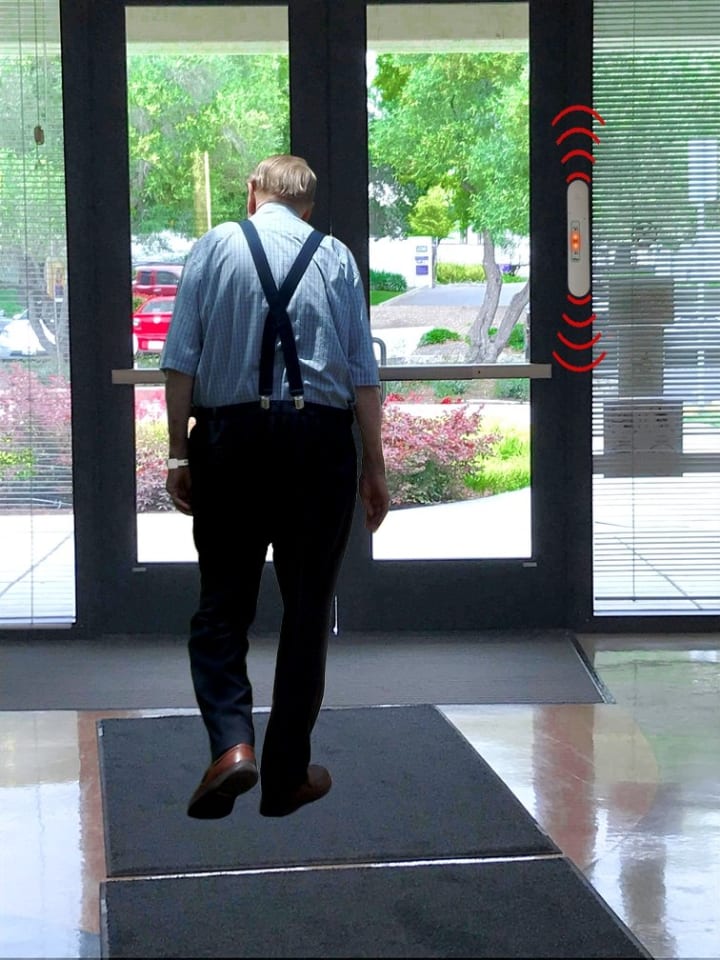
A Door Bar that Helps Prevent Wandering
Bed Alarms by Val-U-Care / Amazon Images
When caring for an individual with dementia symptoms, it is necessary to know where they are at all times. Unsupervised wandering could not only result in the sufferer becoming disoriented to their surroundings and lost, but also becoming injured. Despite your best efforts, you may not always be able to be in the immediate vicinity of your loved one. For this reason, you should opt to integrate this highly-rated anti-wandering door alert bar system into your home.
This particular system includes a single door alarm bar, a wristband transmitter and replacement straps for your loved one with dementia symptoms, a pager for you, a contact switch, a reset button that you can mount on the wall, and a power adapter. It is highly advised that one door alarm be placed on each door that provides an exit to the outdoors for optimal security.
If your loved one gets within 300 feet or less of the alarm system, you will be notified by an audible alert system issued by the bar itself or through the included pager. This will provide you with ample time to reach your loved one and remain with them as they go outside the home. The anti-wandering door alarm is a wonderful way to ensure that your loved one remains safe and to alert you to the fact that they have a desire to step outside for a bit of fresh air and exploration.
The Floor Mat Alarm
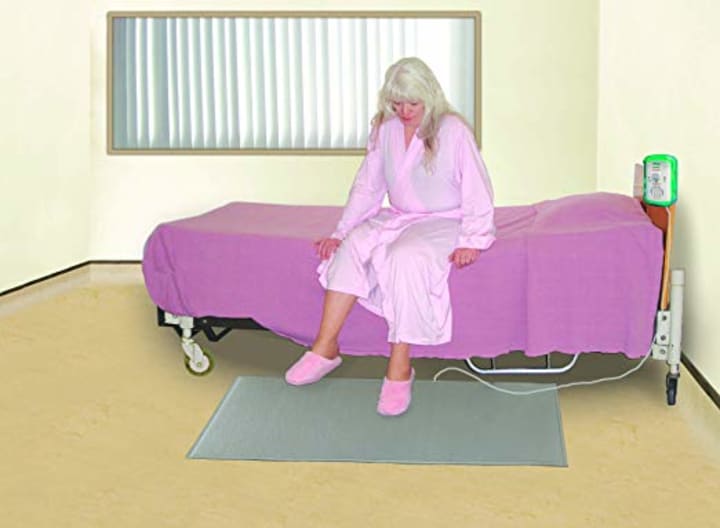
Know Where Your Loved One Is at All Times with This Floor Mat Alarm
Smart Caregiver Corporation / Alextohn / Amazon Images
This floor mat alarm includes a specially-designed pressure-sensing mat that is placed at the area of your choice. Most elect to utilize it near the bed, favorite furniture pieces, or the bedroom doorway of their loved one with dementia. The system includes an exit alarm and a floor mat. When your loved one steps on the mat, an alarm is sounded that will alert you to the fact that your loved one is in motion. In addition to helping you keep track of your loved one, the mat has a non-slip surface that includes beveled edges. The features not only helps you to identify the location of your loved one, it helps in preventing potentially devastating slips and/or falls.
The Vtech Audio Baby Monitor & Talk-Back Intercom System
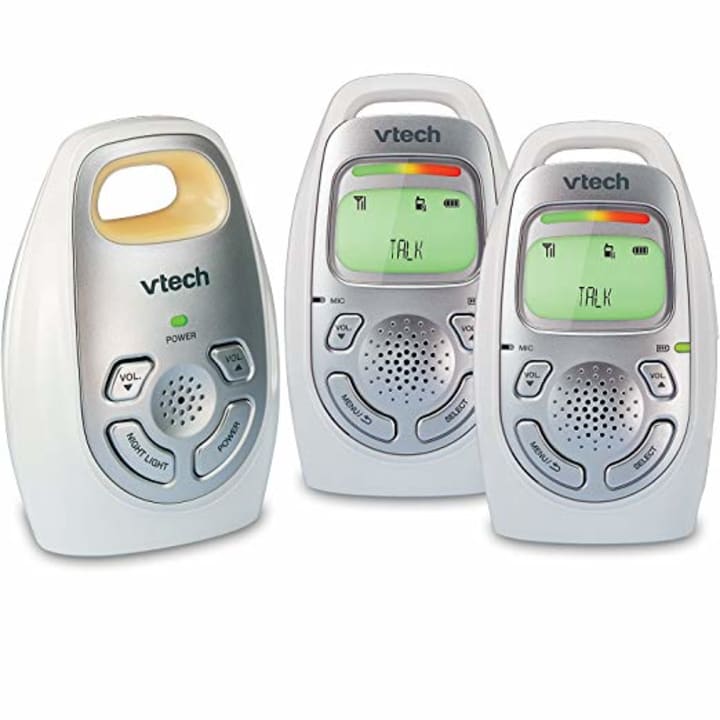
Keep "Ears" on Your Loved One at All Times
VTech / Amazon Images
When caregiving for a loved one with dementia symptoms, the unexpected can happen in the blink of an eye. While it is not always possible to have your eyes on your loved one, it is critical that you have —at the minimum—your ears on them. Now, you can! This digital baby monitor system allows you to listen for calls of help, sounds of distress, and more without the issue of interference or intrusion of eavesdropping from other electronic devices.
It includes a talk-back, two-way intercom system that can be utilized over the span of 1,000 feet. In the event your loved one with dementia symptoms starts to experience issues or calls for help, you can quickly comfort them and let them know you are on your way through the intercom system. This product includes two units—referred to as “parent units” due to the fact it is often used by new parents—so that you always have a backup on charge. This is a wonderful device for staying on top of what is going on with your loved one while providing them with a sense of privacy.
The GPS Safety Watch with Two-Way Communicator and SOS Alert
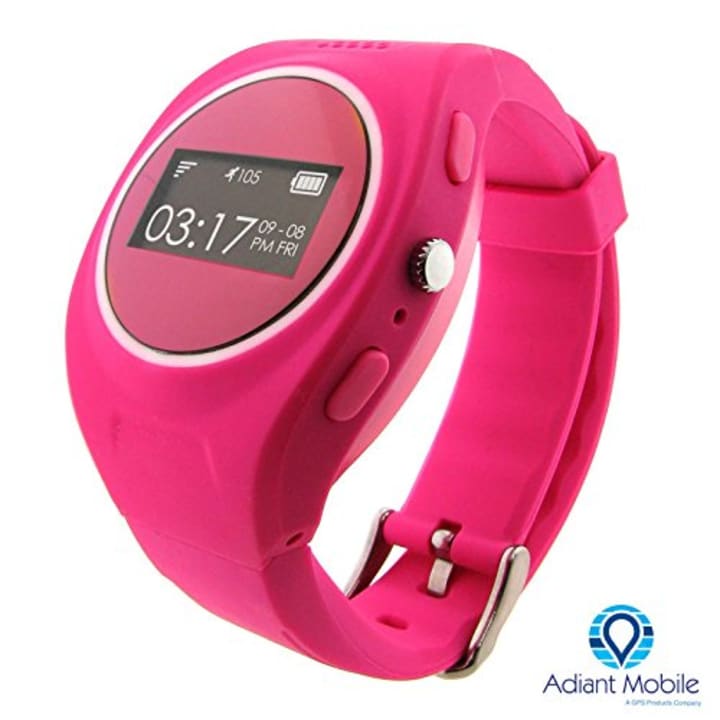
Know Where Your Loved One is at All Times
Adiant Mobile / Amazon Images
As a caregiver, you may or may not live with your loved one that is suffering from dementia symptoms. You may or may not be able to be with them at all times—especially if they are in the earliest stages of their condition. This is where this GPS safety watch comes into play. This technologically advanced watch utilizes cellular technology, GPS technology, and Wi-Fi to connect to and locate your loved one—regardless of their location. In a world where we are seeing more and more Silver Alerts—which is a broadcasting notification system about individuals with dementia and other cognitive issues—this is a highly relevant and critical product for those with dementia symptoms.
This safety watch allows your loved one to experience the freedoms and independence that they did prior to the onset of their dementia symptoms while providing you with the peace of mind that you can quickly and easily identify their location. Your loved one may speak directly to you through the open voice communication of the watch and may use the SOS button if they experience distress. There is an initial activation fee and a monthly fee associated with this product, but for the protection of the GSM mobile-based network coverage and the benefits you will experience from having this amazing product, it is a small price to pay.
Safety Thermostat Protector with Key Lock
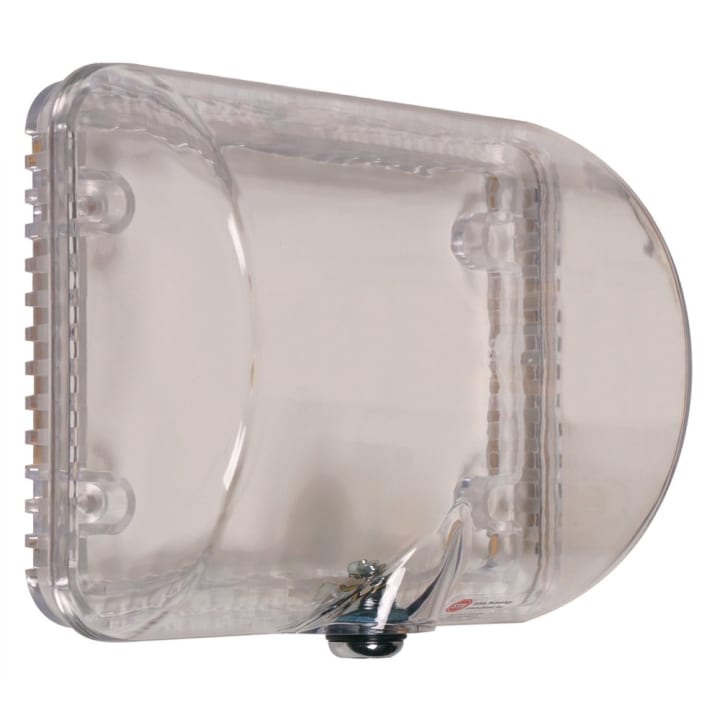
Enjoy Complete Control Over Interior Climate
Safety Technology International, Inc. / Amazon Images
If you are caring for a loved one with dementia symptoms within a residence that includes a thermostat for a heating and air-conditioning system, it is critical that you install a safety thermostat cover with a key lock. Due to the confusion that is often experienced with dementia, a sufferer may accidentally turn the heat on in the summer or the air on in the winter—both situations could result in serious, even deadly, consequences. By having a protective cover in place, you will be able to control the interior climate of the home and ensure your loved one’s safety. Though a small step, this will prove to be immensely beneficial to the health and safety of the person that you hold dear.
The Safety Bed Bumper Pillow
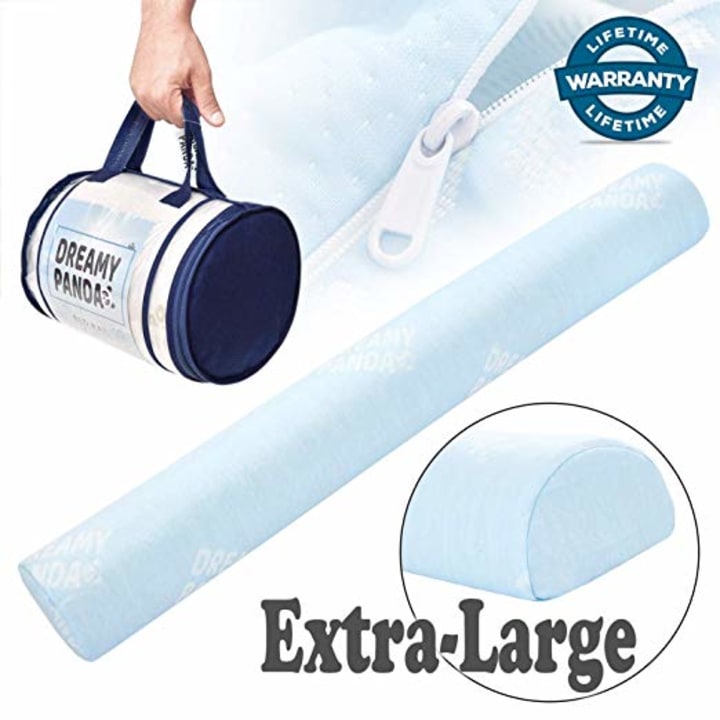
Reduce Falls and Eliminate Rolling Out of Bed
DREAMYPANDA / Amazon Images
When caring for someone with dementia symptoms, you may find yourself faced with the issue of helping them up after a fall out of their bed. In some instances, they may fall while attempting to get out of bed. In others, they may simply roll out of bed in their sleep. Either way, this could result in serious injuries which could lead to potentially life-threatening issues. While using a lower bed, bed rails, and body pillows are all excellent options, one of the easiest and least expensive aids is this extra-large bumper pillow.
Many issues could cause a person to fall out of bed. These include medications, balance problems, disorientation, confusion, and rushing due to toileting needs. Regardless of the issue at hand, putting a bumper pillow securely in place on the sides of the bed may prevent a fall or rolling off of the bed. This is hailed as one of the most effective alternatives to putting bed rails on the bed. Keep your loved one safe while resting by opting for this simple solution.
Motion Sensor Light Bulbs
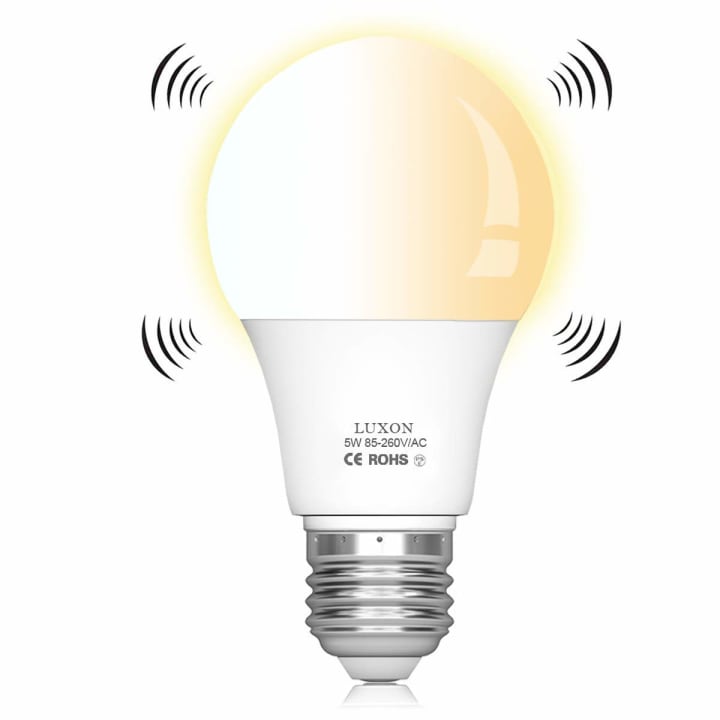
Lighting up Every Step
LUXON / Amazon Images
When caring for one with dementia symptoms, you may find that they start to experience issues with their eyes. They may have a problem judging distances, determining the amount of room that they have to move, or with their general vision. As a result of these eye issues, they may have problems moving around the home. You may find that they bump into walls, trip up on corners, or seem to not see very well. One of the best solutions is to light up the space where they live and move around. One of the most effective solutions is installing motion sensor light bulbs with dusk to dawn radar technology.
In hallways, stairways, bathrooms, dens, and other rooms where your loved one frequents, you should install one of these technologically-advanced lightbulbs. Not only will they turn on as soon as they detect motion due to the sensitivity of the technology used, they can also detect when other forms of light are available and will only turn on when no other light sources are on. When movement is no longer detected, the light bulbs will turn off all by themselves. Your loved one will not have to struggle to see, try to remember where the light switches are, or have to worry about turning lights off when not in use. It will save them time, effort, and money!
Stove Guard Burner Knob Locks
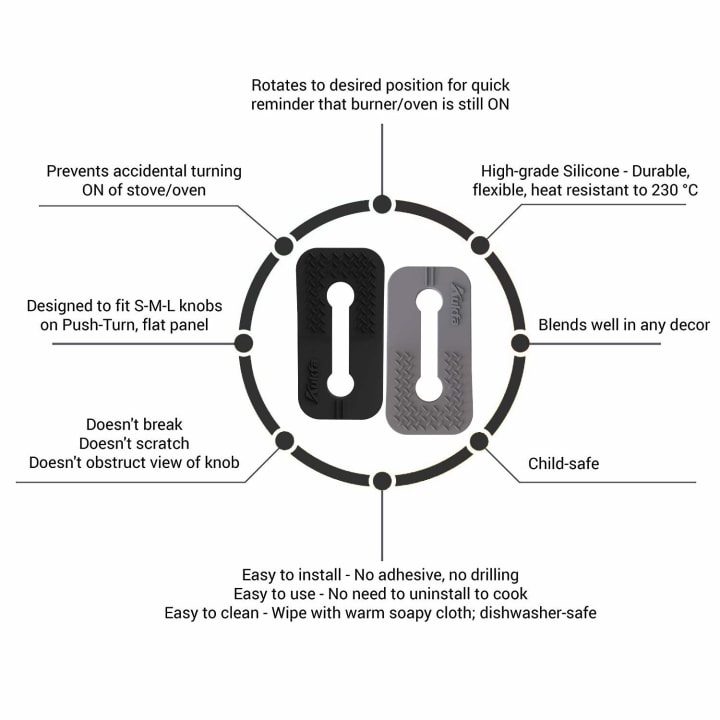
Eliminate the Possibility of Accidental Injuries and Fires
Aukfa / Amazon Images
No list of products for patients with dementia symptoms would be complete without some type of safety product for keeping the stove turned off. Most dementia patients have cooked at some point in their lives. Once they start to experience dementia symptoms, the urge to cook may hit. Unfortunately, the confusion, judgement complications, and issues with problem solving may impact their ability to do so safely. As a result, safety features should be put into place to keep the stove turned off to prevent injuries and possible fires.
These knob locks simply slide over the knobs on the stove and prevent them from being turned on—which protects your loved one. There is a total of six locks contained within the package, and each may fit on small, medium, or large stove knobs. These are easy to install, lock, and unlock; however, they are challenging enough that they are not likely to be removed by a person with dementia. Should you feel that your loved one may find a way for removal, it is imperative that you come up with an alternative solution that will prevent turning on the stove for their safety.
The Shower Soap Dispenser
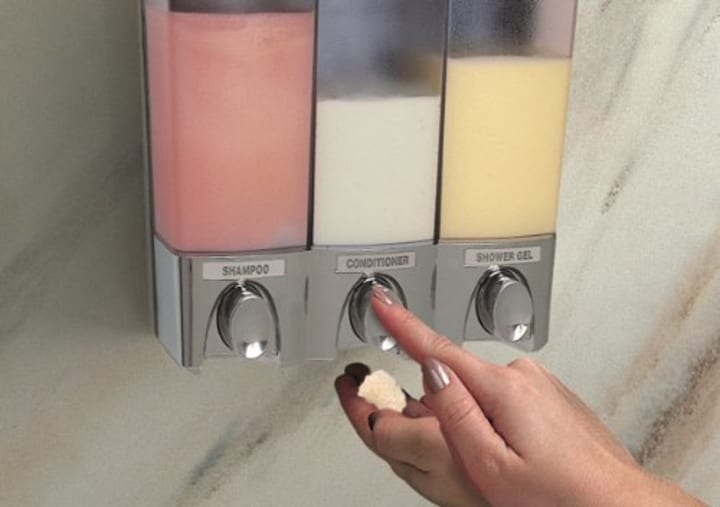
Make Showering Super Simple
Better Living / Amazon Images
Whether you assist your loved one with dementia symptoms with showering or they shower on their own, the shower soap dispenser is a must-have. Not only does it make the process easier on caregivers, it also helps those with dementia to identify which soaps are which and allows them ease of access. Many dementia patients may avoid using soaps when multiple bottles are present. Others may use items that are not appropriate and may harm the skin—such as dish soap or laundry soap. This labeled soap dispenser is easy to install, clean, and use! If your loved one has issues with the dispensing buttons, you may want to opt for an automatic dispensing model. If you opt for the automatic model, be certain to place labels on it so that your loved one knows which soap is which while showering, or, you could simply use an all-in-one soap for body and hair.
Automatic Pill Dispenser
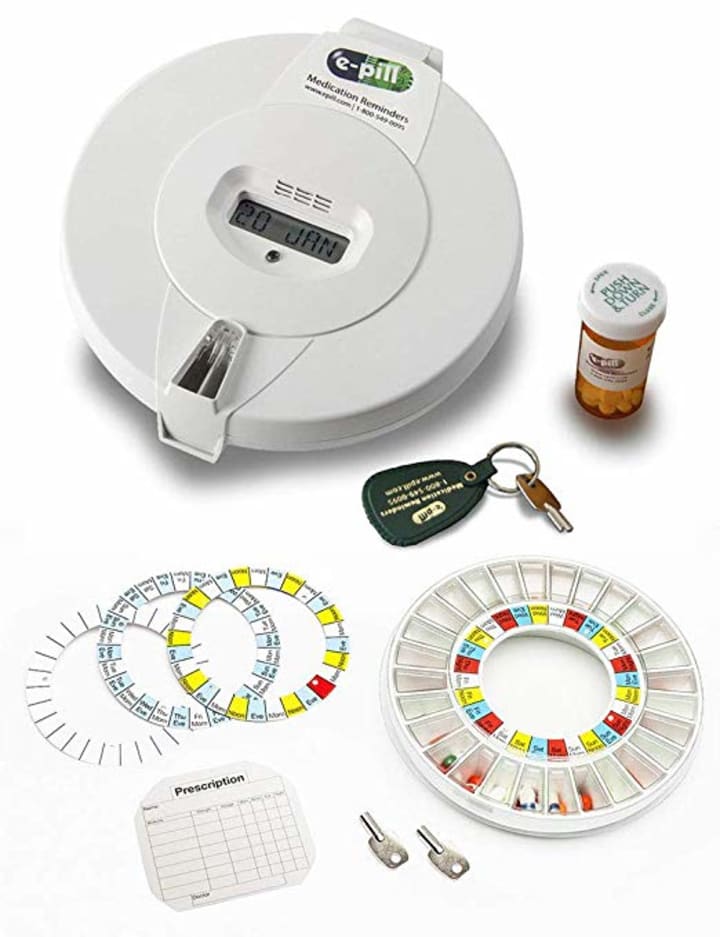
Make Sure Your Loved One Takes the Proper Medications
e-pill Medication Reminders / Amazon Images
The final product in our list of products for those that suffer from dementia symptoms is the e-pill automatic pill dispenser. Unfortunately, most people with dementia are responsible for taking a variety of medications each day; however, they may become confused as to when they should be taken. This can result in taking too little or taking too much—both of which put a patient at risk for serious health consequences. Additionally, many dementia patients may mistakenly take other items in place of their medications. When I was caregiving for my father, he attempted to put a penny in his mouth, believing it was a pill.
This automatic pill dispenser will help to take the confusion and potential risks out of taking medications. It can dispense up to 24 doses of medications a day and an alarm sounds each time it is time for a dosage to alert your loved one. Only the proper medications are provided in the dispensing section of the device when the alarm sounds. This product contains a locked dispensing door, adjusts for daylight savings time, has an adjustable alarm duration, and the battery is set to last for a total of twelve months. If desired, rechargeable batteries may be used. If you want to protect your loved one, this is well worth the investment.
Coping with Your Loved One’s Dementia

Quality of Life and Safety are Priority to Your Loved One's Care
Image by James Chan from Pixabay
Watching as your loved one experiences dementia symptoms is a challenging and heartbreaking ordeal. I know and understand what you are going through, as I have been there. I have done that. I have had to say “goodbye” to my dad—who was only 60 years old—when he passed away. Everyone will cope in their own way. You will need to find the method that works for you. Caregiving is one means of coping. Another is investing in products and making arrangements that will improve your loved one’s quality of life and keep them safe. By using the list of products on this page, you will not only be helping your loved one cope with their dementia symptoms, you will be helping yourself cope, too.
About the Creator
Angela Shiflett
Angela has worked as a professional content creator for nearly 20 years. Her topics are typically created as a result of her life experiences and passions. She strives to deliver content that is helpful, intriguing, and entertaining.






Comments
There are no comments for this story
Be the first to respond and start the conversation.